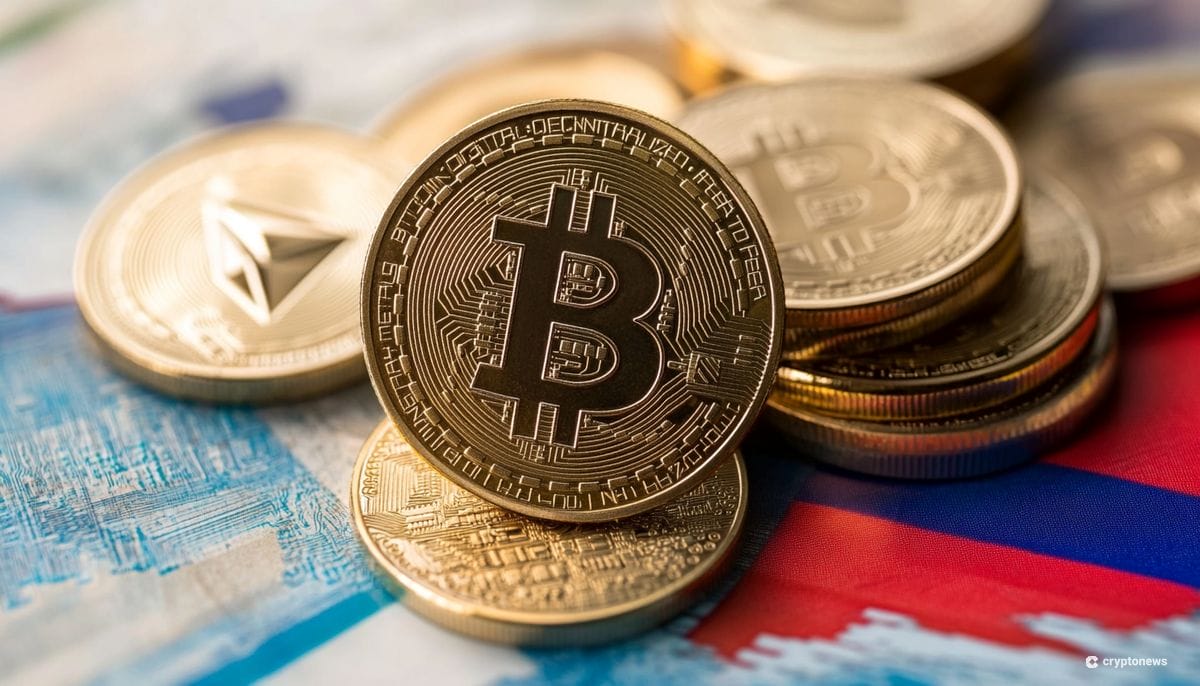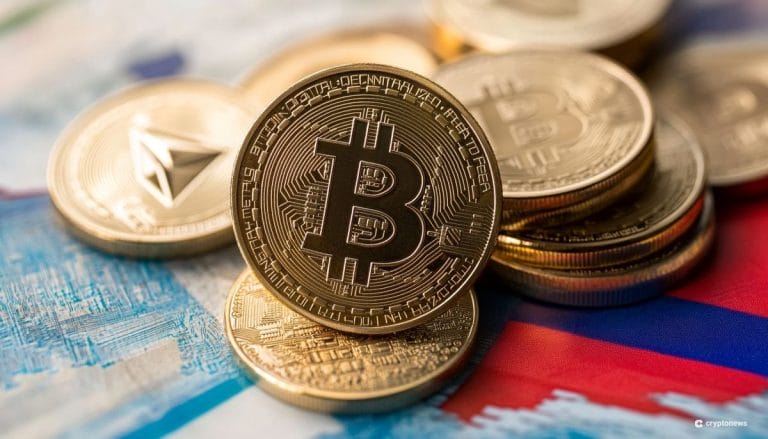Last updated:
 Why Trust Cryptonews
Why Trust Cryptonews

Russian President Vladimir Putin has officially signed a law that legalizes cryptocurrency mining within the country. This legislative action classifies mining as a turnover component rather than a currency issuance.
The law includes new phrases like digital currency mining, mining pool, and mining infrastructure operator and will take effect ten days after its official publication.
Can Russia’s New Legal Framework Foster Economic Growth in Digital Currencies?
According to a report by Russian news agency TASS, the new legislation introduces several key concepts, including digital currency mining, mining pools, and mining infrastructure operators. Under the new law, mining activities are recognized as part of turnover rather than digital currency issuance.
The legislation stipulates that only Russian legal entities and individual entrepreneurs registered with the government can engage in cryptocurrency mining. Individual miners can participate without registration, provided their energy consumption stays within government-set limits.
Furthermore, the law allows for trading foreign digital financial assets on Russian blockchain platforms. However, the Bank of Russia retains the authority to prohibit the placement of certain assets if they threaten the country’s financial stability.
During a recent government meeting, President Putin emphasized the importance of Russia “seizing the moment” to establish a legal framework for digital currencies. He pointed out the potential benefits of digital currencies for Russia’s economic development and highlighted the need for appropriate regulation and infrastructure.
The law is scheduled to take effect ten days after its official publication, although some provisions may have different implementation dates.
How Russia’s Crypto Regulations Could Influence BRICS’ Efforts to Create a Unified Digital Currency
In recent months, BRICS has significantly embraced digital assets. The group is reportedly exploring the creation of a native currency using blockchain technology to distance itself further from the U.S. dollar. This push towards digital assets aligns with member nations’ recent legal and strategic moves, particularly Russia.
Russia has legalized Bitcoin and cryptocurrency mining, with the new law allowing cryptocurrencies to be traded on domestic blockchain platforms. This move follows Russia’s decision in late July to allow cryptocurrency payments in international trade, a step aimed at circumventing Western sanctions and enhancing trade capabilities with BRICS members, including China and the UAE.
Legalizing cryptocurrency mining complements Russia’s earlier move to permit crypto payments for international trade, a decision made in response to Western sanctions. This development has bolstered trade relations with El Salvador and has implications for interactions with China and the UAE.
The BRICS bloc has increasingly focused on de-dollarization throughout the year, with Russia leading efforts to exclude the U.S. dollar from trade agreements.
Notably, Russia and China are turning to digital assets for cross-border payments, with digital platforms like Qifa facilitating these transactions to avoid the complexities of U.S. sanctions and compliance issues. Qifa, soon to be listed on the Moscow exchange, has adopted cryptocurrency settlements for faster transactions.
The BRICS bloc’s development of digital currency and payment platforms is expected to accelerate, offering a proof case for the alliance and potentially facilitating further change within the group. As the bloc continues to innovate in digital finance, it aims to solidify its position in the global economic landscape and challenge traditional financial systems.




